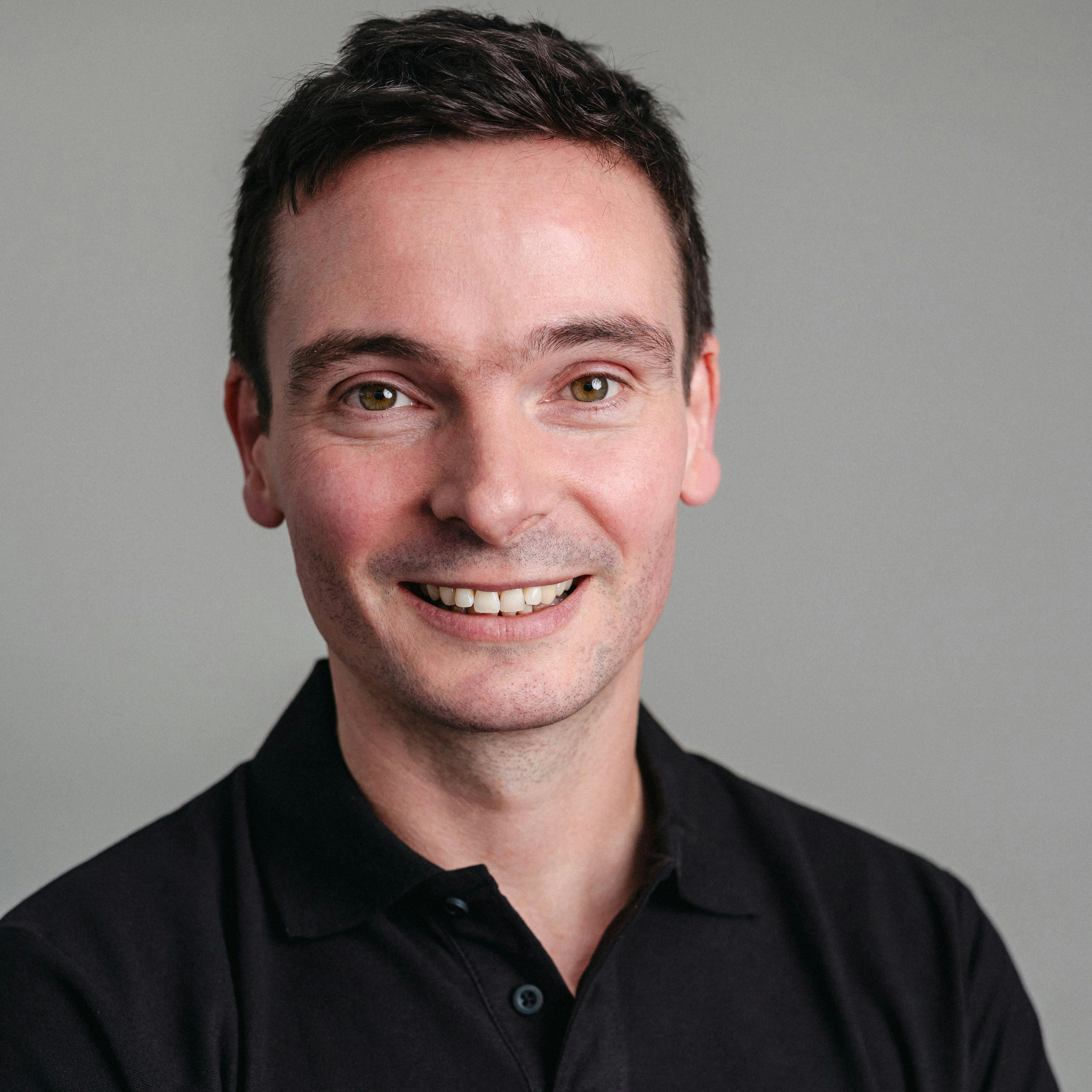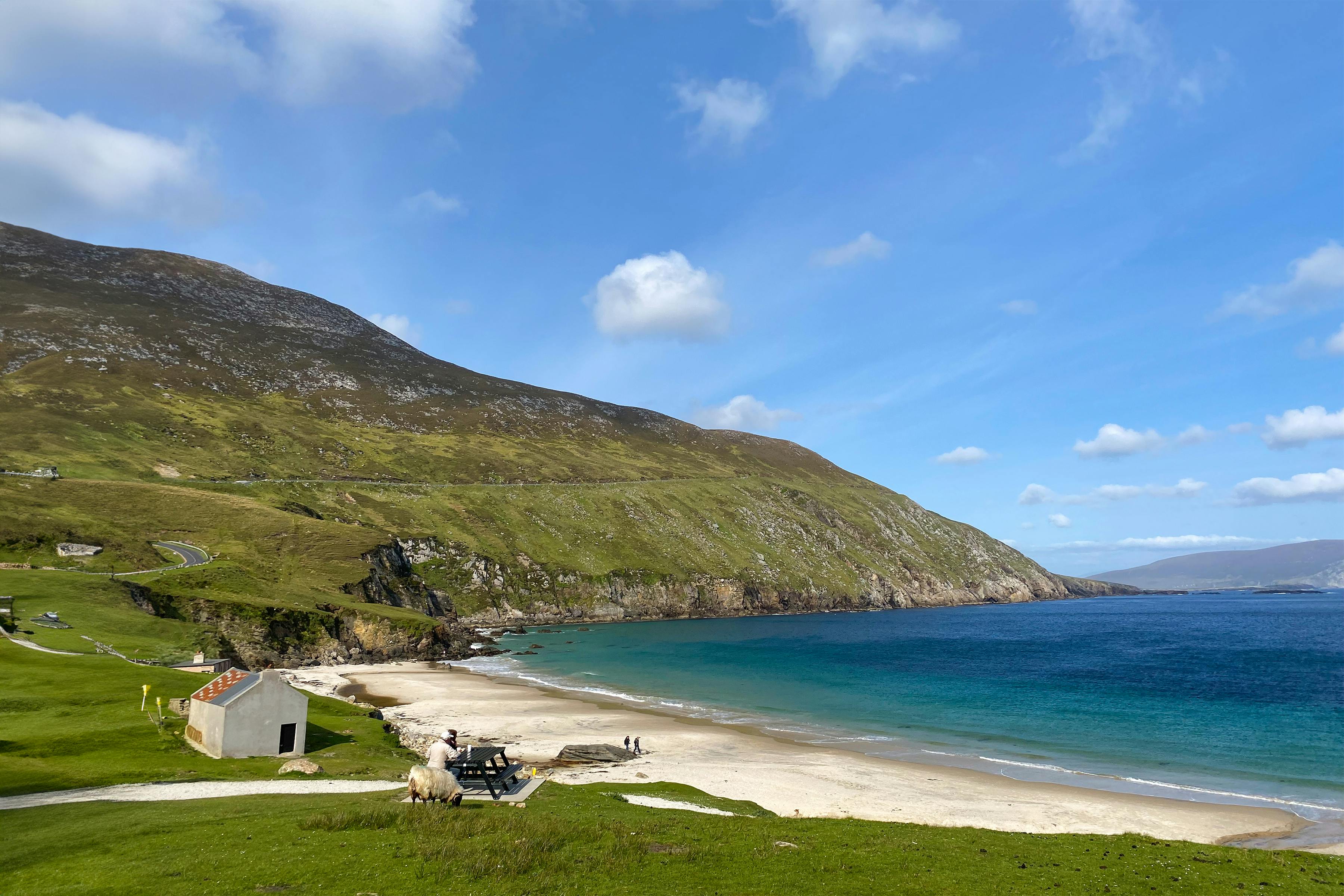Jointly commissioned by Donegal County Council in the Republic of Ireland and Fermanagh & Omagh District Council in Northern Ireland, TOPOSOPHY led a multidisciplinary team to identify and develop potential regenerative tourism options incorporating cross-border recreational trails.
Whilst this scope outlined some specific outcomes, such as the requirement for trails development, the brief itself was in fact broad and incorporated a geography of approximately 4,795 sq km and a border between two countries 181km in length.
Guided by the principles of Regenerative Tourism, we conducted a holistic fresh perspective destination audit of the entire study area as well as an evaluation of destination marketing. We hosted eight local engagement sessions, right across the region, and spoke with over 100 local residents, businesses, public officials and elected representatives.
Both the destination audit and these local consultation sessions highlighted how the border itself resulted in the region being less populated and in many ways had actually enabled nature to thrive and regenerate. As restrictions and in turn social behaviour between the two countries have eased and normalised, local people on both sides of the border want to now celebrate nature and the untouched landscape itself as their shared identifier and symbol of peace.
There was broad recognition that the opportunity for regeneration now in fact lay with local people themselves and that by even coming together to talk about shared opportunities for recreation and tourism development in the region was a great example of this social regeneration in action.
Informed (and inspired) by these conversations, our team proposed the sustainable development of an 18km multi-use recreational trail, connecting the existing regional visitor hubs of Ballyshannon in County Donegal and Belleek in County Fermanagh. A phased development plan with staged option recommendations ranging from €3.5m to €6.5m will unlock the natural assets of the Knader Forest and Castle Caldwell as key recreation sites for local people whilst also connecting Northern Ireland’s Fermanagh Lakelands to the Republic of Ireland’s Wild Atlantic Way. This cross-border walking and cycling trail will not only enhance both these existing visitor propositions but it will also maximise the opportunity for the unique emerging nature-based destination proposition for the border region.
We would like to take this opportunity to thank our multidisciplinary team partners for their hard work and dedication throughout this project including Outcape (formerly Outdoor Recreation Northern Ireland), The Tourism Space and Cogent Management Consulting.
Read more about our approach, key elements, project outcomes, and more here.

